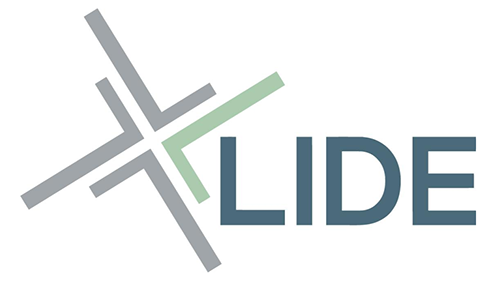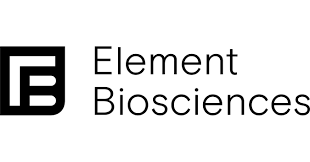Thank you to our speakers, sponsors, and delegates who joined us in Boston! If you are interested in the 2026 event, please get in touch at: info@hansonwade.com
Welcome to the 13th Tumor Models Summit Boston: The East Coast Tumor Modeling Industry’s Leading Networking & Innovation Opportunity
The tumor modeling industry is abuzz once again; with the announcement of the FDA’s landmark roadmap to phase out animal testing requirement for certain therapies, Merck’s acquisition of HUB Organoids, and Takeda's expanded collaboration with Tempus to utilize biologically relevant models. Yet, with cancer drugs translating to the clinic at only ~5% and clinical trial failure rates rising, the need to invest in more predictive models to de-risk candidate development has never been greater.
Built by biopharma, for biopharma, the 13th Tumor Models Summit Boston returned to bring together 180+ East Coast tumor modeling experts from pharma, biotech, and preclinical CROs, to enable you to stay abreast of confidently implementing reproducible and predictive oncology models to successfully bridge the translational gap with optimized efficiency, and cost-effectiveness.
What Was New for 2025?
A Preview of the 2025 Speaker Faculty:






Companies Who Attended Included:

2025 Partners Included:






















